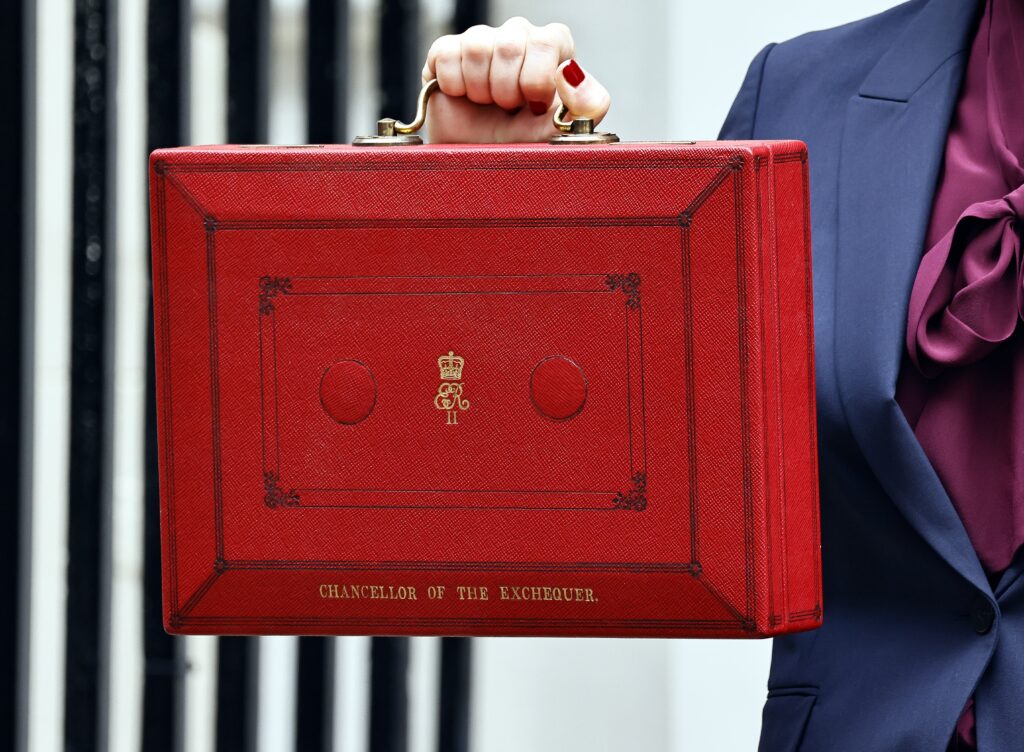Rigby Financial
We’d all like to leave something behind for our families to ensure they’re well taken care of. There is however the worry that without the right measures in place, they may not receive the full benefit of their inheritance. Or worse, you may unknowingly leave a tax issue or complication behind, leaving your loved ones to foot the bill.
The tax system is notoriously complex. So, why try to navigate things alone? Let our experienced advisors help. With our guidance, you can plan for the future to ensure your inheritance goes to the people who matter most – with no nasty surprises.
With a wealth of expertise at our fingertips, when it comes to inheritance tax planning, we’re here for you. Call now or fill in our contact form and a member of the team will be in touch.
How inheritance tax works
Inheritance tax is a standard tax applied to the estate of someone who has passed away.
An ‘estate’ includes any residential property, business premises, land, possessions, and money.
The current inheritance tax threshold is £325,000 – meaning anything above that figure could be charged inheritance tax at 40%.
If the value of the estate is likely to be in excess of that sum, there are measures you can take to reduce the amount of inheritance tax that needs to be paid. With careful planning, we can help you to protect the future of your finances and ensure any surviving spouse, civil partner, child, or other beneficiary isn’t left needing to pay tax bills.
Plan ahead and protect your assets – one of our helpful advisers will be more than happy to help.
Does everyone have to pay inheritance tax?
No. There is usually no inheritance tax to pay if the value of your estate falls under the tax-free threshold of £325,000.
Anything above this figure will be charged at the current tax rate of 40%. However, there are exceptions – such as if you leave money to a charity.
Worth noting, too, are the planned changes to the rules in relation to pensions. Previously excluded from the value of an estate, from April 2027, this will change – pushing more people over the tax-free threshold.
Protect your legacy with Rigby Financial
Trying to organise your estate for inheritance tax purposes can be extremely complex, but we can help.
Whether you’re worried about the potential impact this and other taxes such as capital gains tax could have on beneficiaries of your will, or you simply want more guidance on the rules, we’d highly recommend getting in touch.
Our friendly and professional advisors are highly experienced in this complex area and together we can protect the future of your estate.
*The Financial Conduct Authority does not regulate taxation and trust advice.





